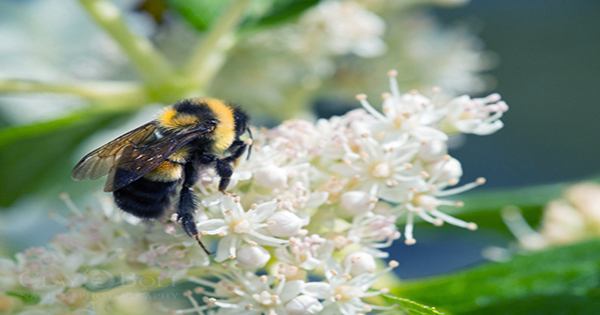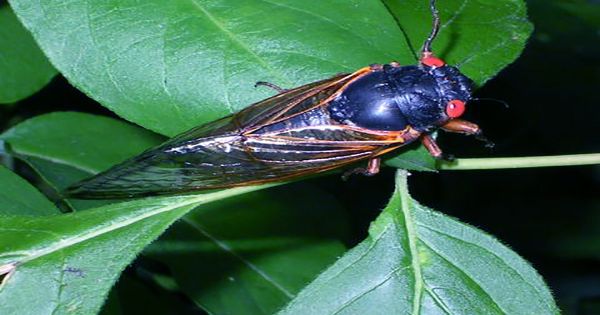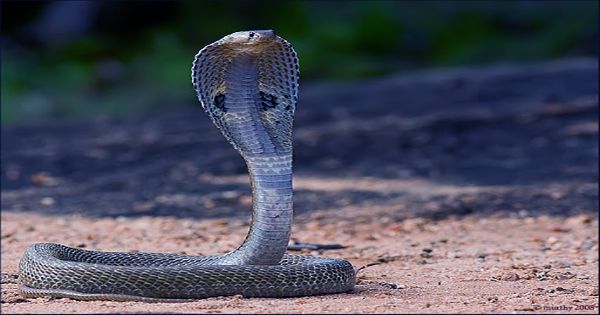If you weren’t already aware, today is an occasion celebrated in the United States and in the United States on July 10 to mark the occasion of the annual Don’t Step on Bee Day. As well as serving as a timely reminder not to raise any sting-driving insects, the day aims to raise awareness about these charismatic and essential pollinators, the inspiring conversations they face, and how we can support them. As one of the pollinators of many species, bees play an important environmental role in facilitating pollination in plants.
They are very good at it, often zooming in with pollen-laden legs and cutting spots, but everything from disease to climate change and human intervention has put their population at risk. Think about how you can support these aquariums today, whether it’s leaving a patch in the garden or planting wild flowers in a pot, and whatever you do, don’t set foot on a bee.
Bees are closely related to insect flies and ants, and insect-pollinated flowering plants are found on every continent and habitat except Antarctica. They are known as great pollinators and the honey they produce, but their work does not stop there because they are an important part of our survival on earth.
To bring awareness about their importance, don’t donate on Bee Day on July 10 every year. Also, read – Honey Butter Chicken Recipe: Fried Chicken Never Tastes Better than This! Here’s how you can make it at home. Initially, the day was created to remind people that if they went barefoot they could die from bee eating. Made by Thomas and Ruth Roy, this day was misinterpreted by many to mean that they should not voluntarily step on the bees or harm them in any way.
The day is celebrated especially in the UK. Read more – ‘Self-reliant India’: Chidambaram seeks clarity on bees, domestic animal vaccination. This day is now marked with the aim of raising awareness among the public that bees act as pollinators that help increase the food we eat and the source of honey and bees.
















